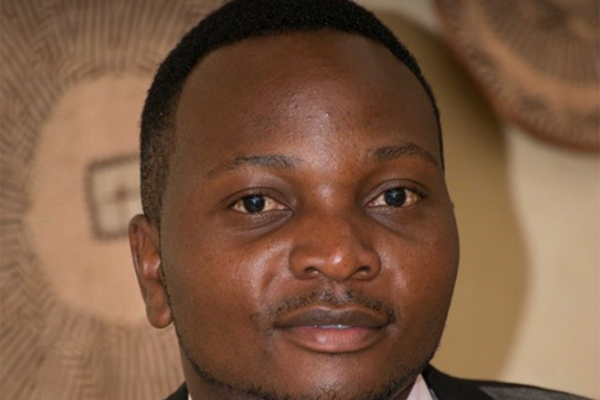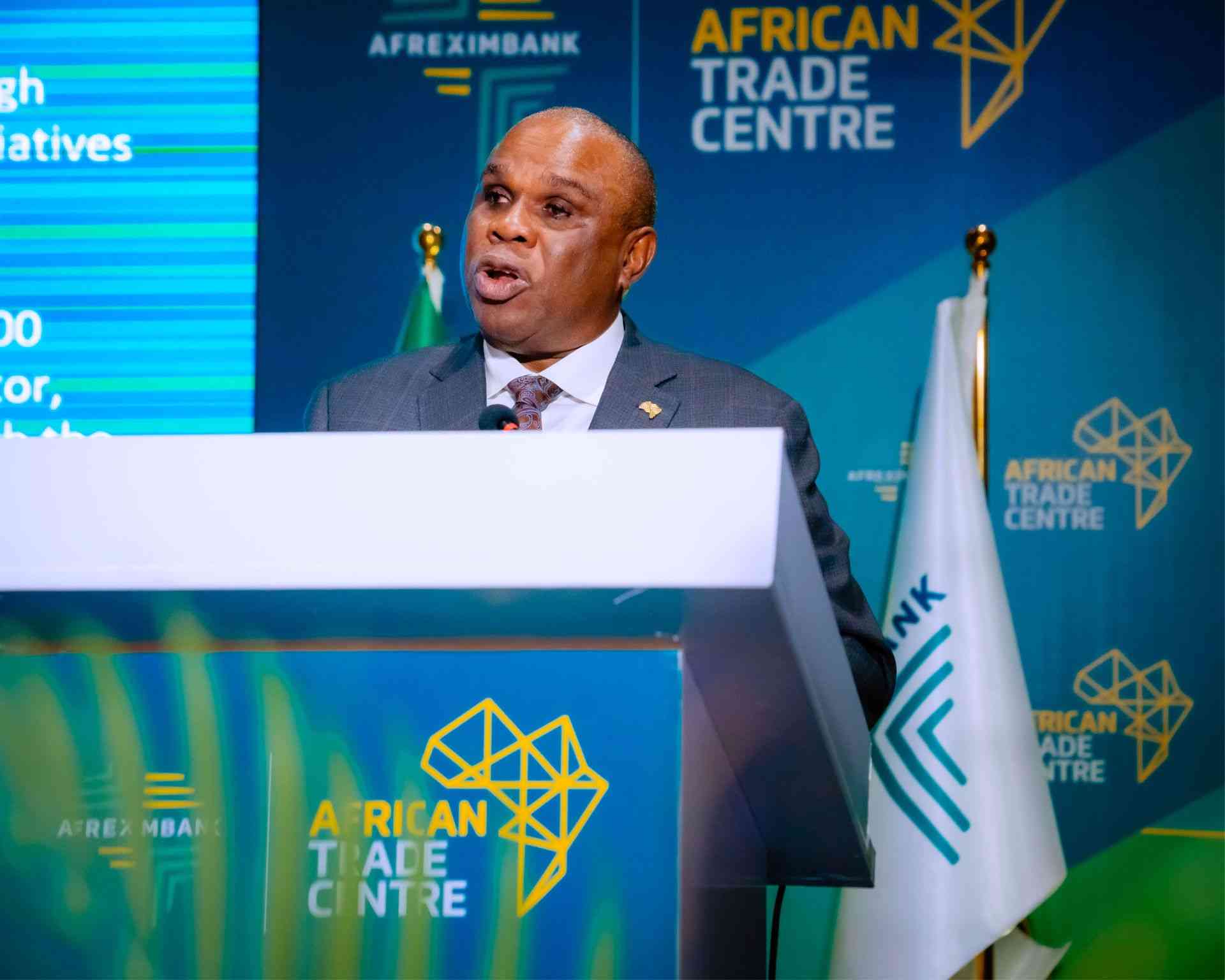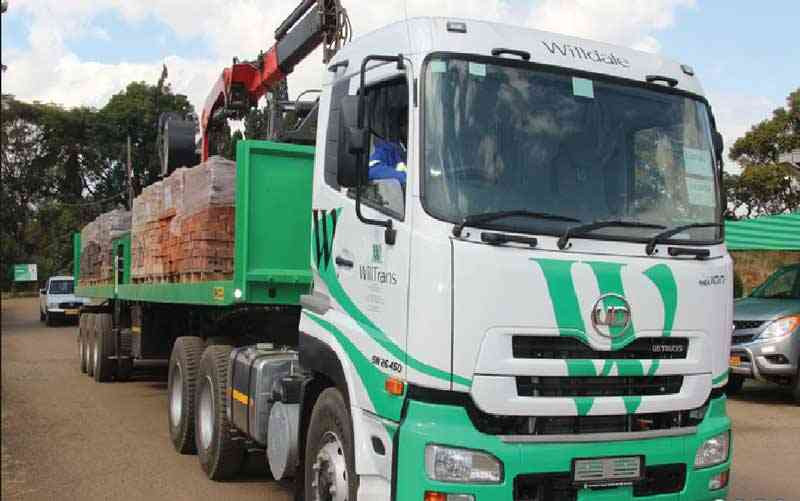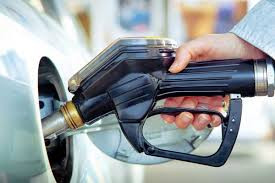
RURAL businesses are still lagging behind in the use of electronic money, which is now largely the mode of transacting in urban areas.
By FIDELITY MHLANGA
Due to the cash crisis, the central bank has been encouraging consumers to use plastic money, with the uptake rising tremendously in urban areas, but slacking among rural businesses.
A snap survey done by this paper during the festive season in Checheche Growth Point in Chipinge, revealed that most businesses, predominantly sole traders, neither use point-ofsale (POS) machines nor mobile money payment platforms.
Several shop operators, who spoke to this paper, cited the arduous process involved in applying to use POS and mobile money payment platforms as a hindrance to a higher uptake.
“We are failing to use the plastic money payment systems because the process, for us, is quite hectic,” one of the general dealers said.
Confederation of Zimbabwe Retailers president, Denford Mutashu said there was need to increase plastic and mobile money penetration in the rural areas.

- Chamisa under fire over US$120K donation
- Mavhunga puts DeMbare into Chibuku quarterfinals
- Pension funds bet on Cabora Bassa oilfields
- Councils defy govt fire tender directive
Keep Reading
“Retailers and wholesalers in rural areas have no access to the use of plastic money due to various reasons; chief among them is the large number of unbanked rural consumers and incompatibility of most the current POS machines that are network based, while shops with no reliable power sources are affected more,” he said.
“Mobile telecommunication companies should improve network connectivity in rural areas. There is a higher concentration of use of plastic money in urban areas than rural, yet there are more people living in rural areas than urban.”
At least 60% of Zimbabwe’s population lives in the rural areas, pointing to the need to push for more service delivery concentration.
Mutashu said estimates indicate that less than 40% of rural retailers are using plastic money at a time there has been a growth in shop density in most outlying areas, as more players take up retail and wholesale space.
There are an estimated currently 45 000 POS on the market, with distribution skewed in favour of urban areas.
“The rural consumers have relatively filled the gap by embracing mobile money as the country has almost reached 70% of its banked population, plastic and mobile combined. However, the under 27% of the population that has bank accounts should be an eye opener to the financial services sector,” Mutashu added.
According to the Zimbabwe National Financial Inclusion strategy (2016-2020), some of the factors constraining financial inclusion in Zimbabwe are poor infrastructure and lack of skill.
The National Financial Inclusion Strategy seeks to put forward, measures aimed at improving financial access in rural areas by ensuring the building of sustainable financial institutions in rural areas. It also seeks to increase the presence of formal financial institutions in the rural communities.
Currently, Zimbabwean urban dwellers send money to their rural counterparts predominantly through mobile money platforms.
Ecocash has become the country’s biggest money mover having transacted $11 billion between 2012 and June 2015.
Econometer Global economist, Tinashe Kaduwo said the trend in most parts of the world was that trading in rural areas is normally conducted in cash and businesses could not cope with the high rentals or fees on POS devices.
“Most trades in rural areas are normally conducted in cash and some parts of these rural areas are still financially excluded. The weak economic environment, businesses in rural areas have also been weak and contributed to low uptake of electronic transactional devices such as POS devices,” he said.
“Furthermore, most retailers in rural areas procure their wares from some traders in town, who demand cash.
Rentals or fees on POS devices are also on the high side in relation to the size of rural businesses. Price premiums, when paying using mobile platforms are also discouraging usage of the channels.
“But generally that’s the trend in any part of the world; trades in rural areas are normally conducted in cash.”
Buy Zimbabwean economist, Kipson Gundani said accessing POS machines was no longer expensive, but some business operators were accepting cash only for resale on the parallel market.
“In my view we are in a distorted environment. Business people know that people don’t have an option and eventually they will come to use the cash they have to buy goods. Accessing POS machines and merchant codes is not that costly.
“It’s a culture of ulterior-motive to make an extra killing. At the end of the day, they will sell that cash to cash barons at a premium. Its even rampant in Harare, where someone sells a product at a lesser price for cash and in turn sells that cash,” he said.











